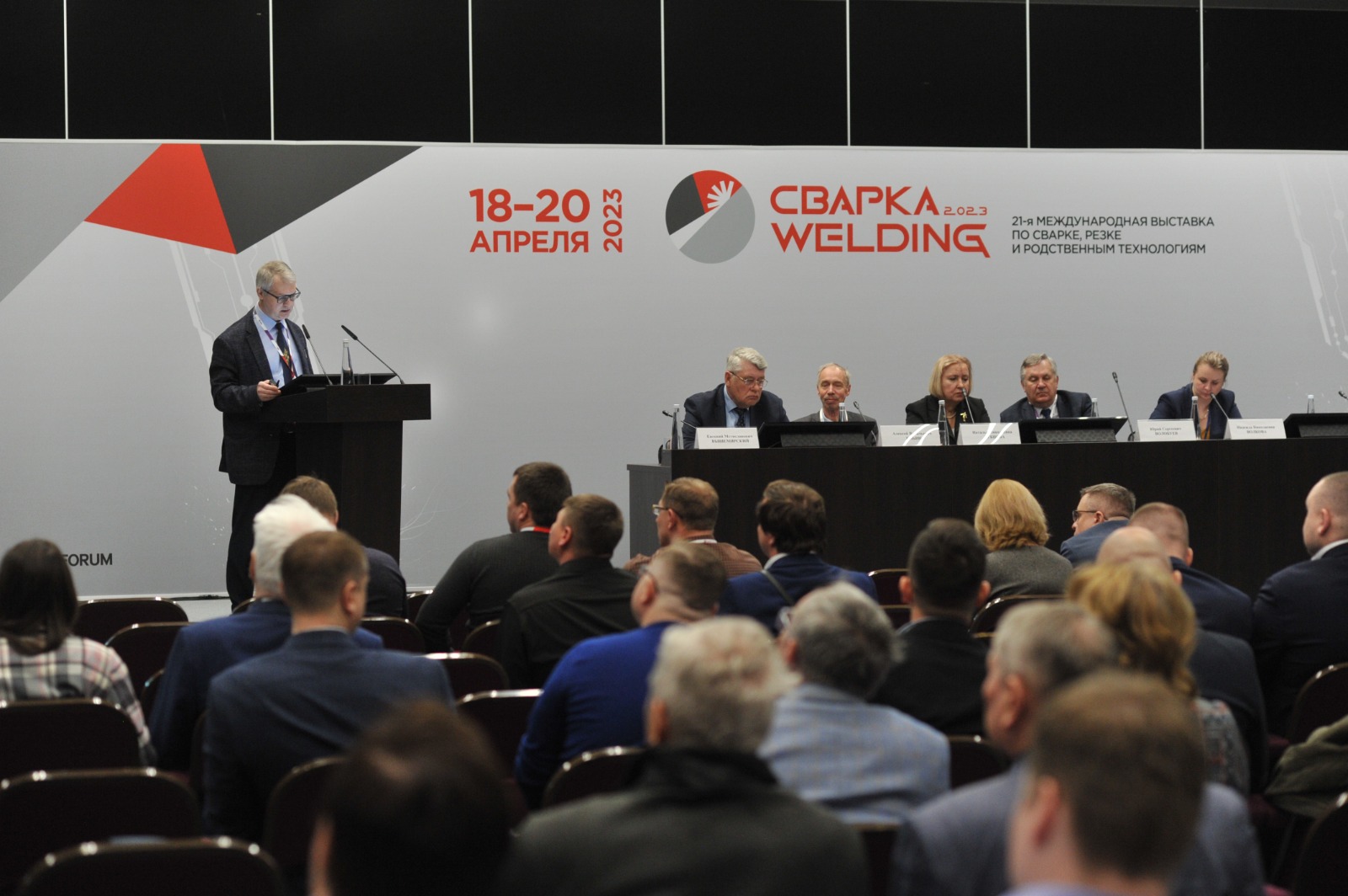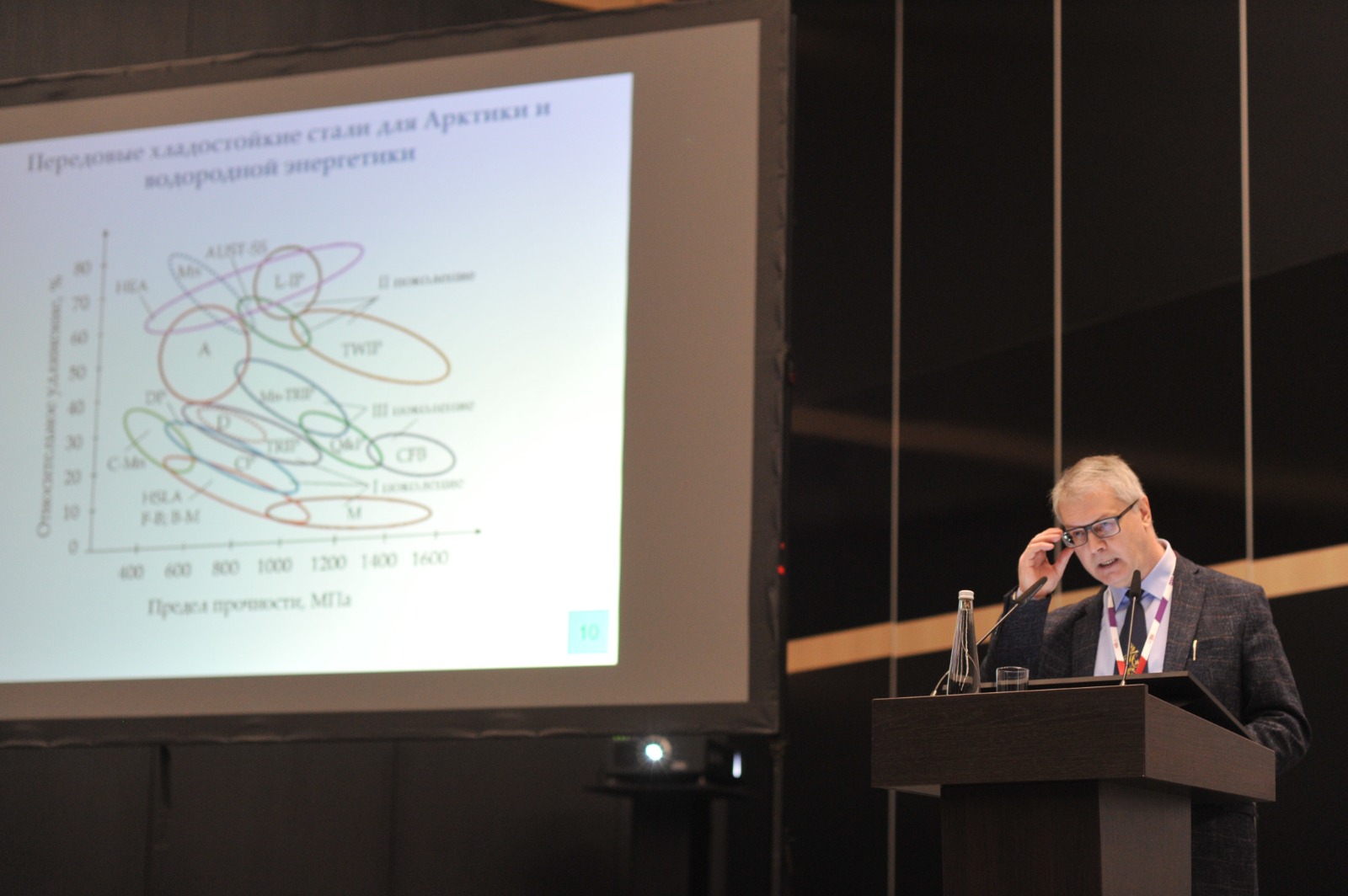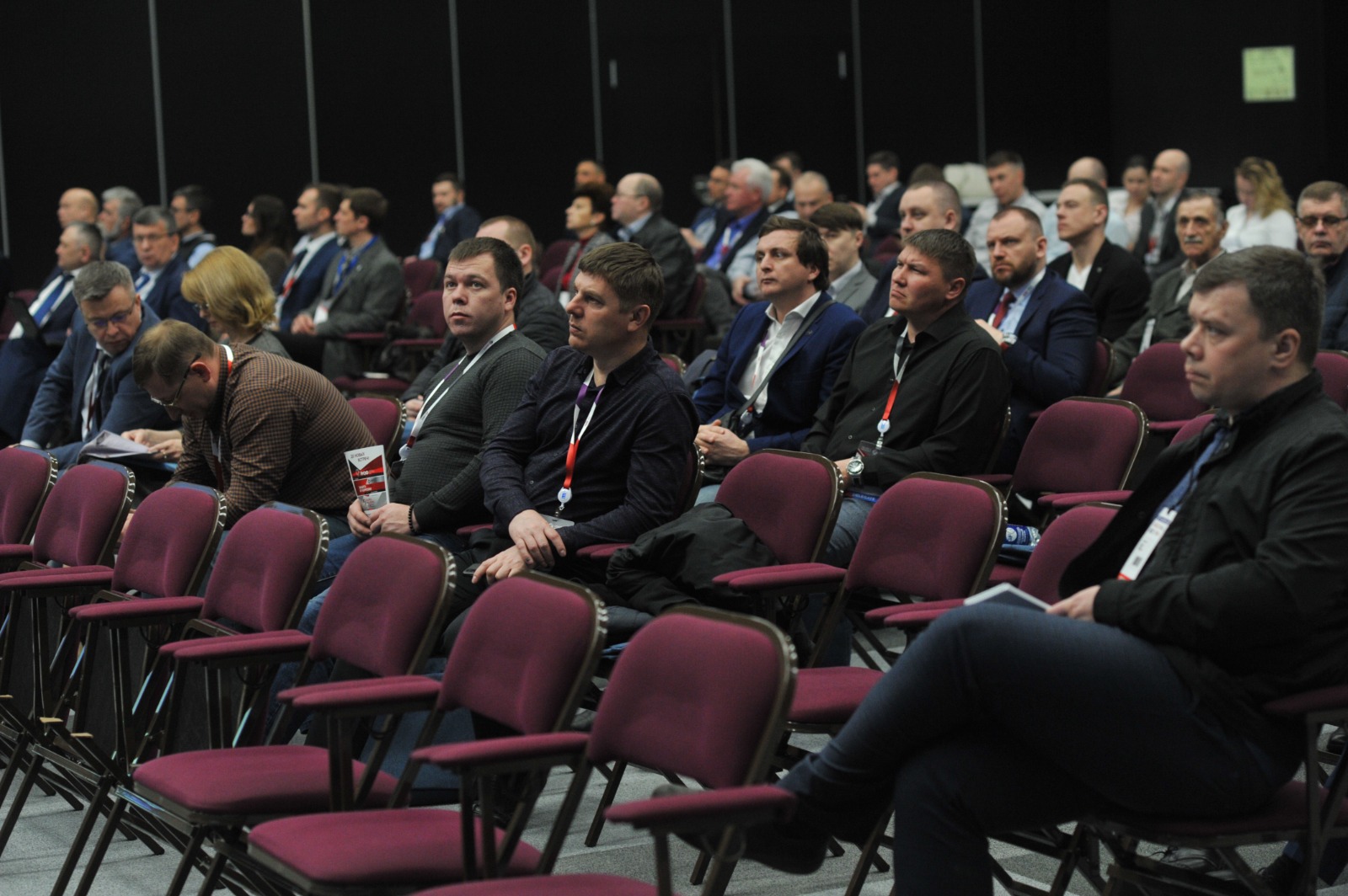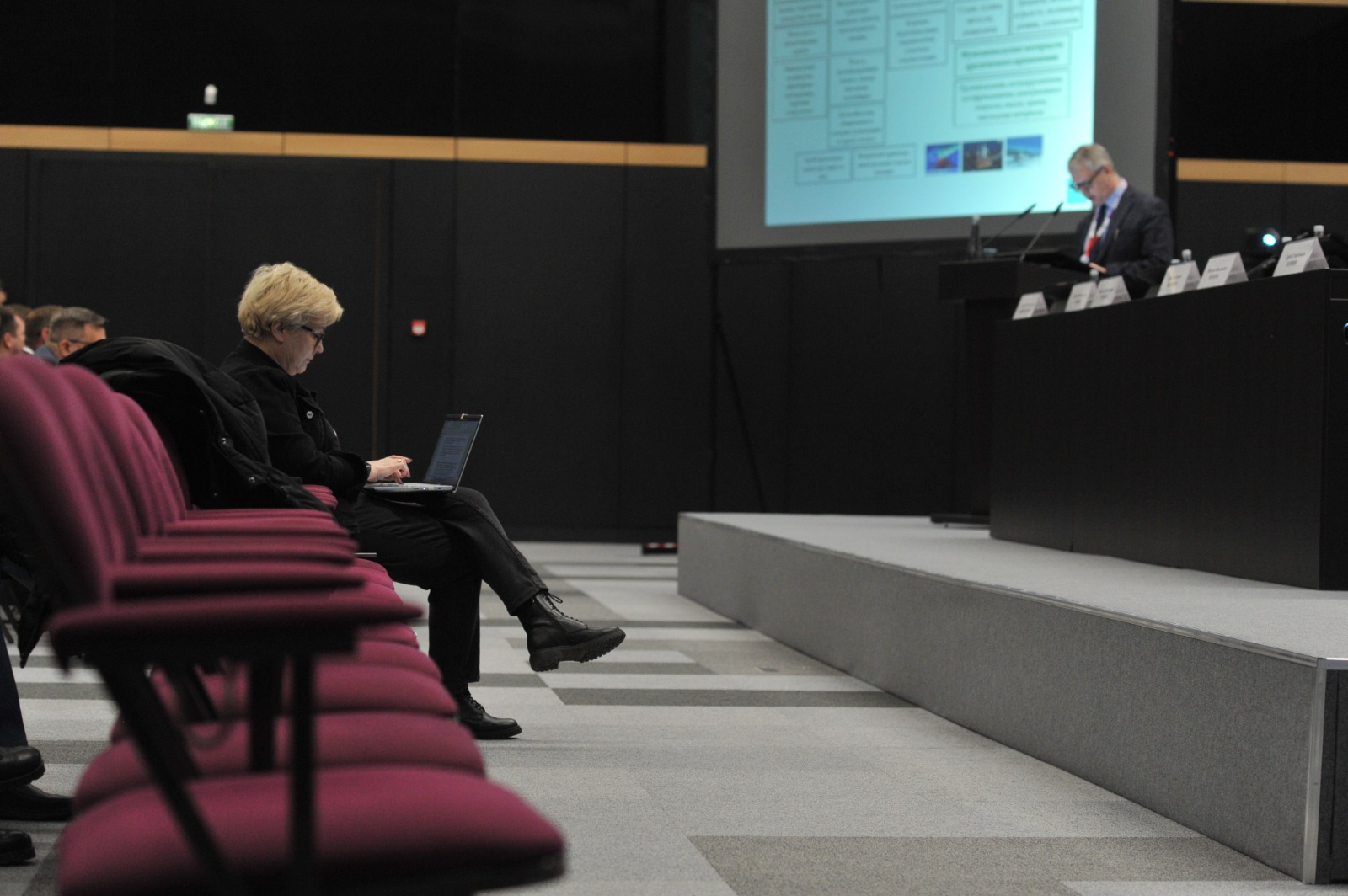Education and support for the welding industry

There are many problems in the welding industry, which have arisen both as the result of sanctions and because of system errors, but all of them are solvable.
This conclusion was reached by the participants of the Plenary Session “One Step Ahead: the Consequences of Introduction of International Economic Sanctions and Options for Overcoming Them. Strategic goals in the welding industry”, which took place in framework of the Exhibition “Welding”.
Sergey Parshin, Director of the Russian-German Laser Technology Center of Peter the Great Saint Petersburg Polytechnic University, noted three areas that need to be developed in the current conditions. It’s about innovation, science and education.
The report on measures for supporting the industry by the state, in face of sanctions, was presented by the Russian Scientific and Technical Welding Society. The measures suggest inclusion of welding equipment and materials in the list of modern technologies, financial support for projects by issuing loans at the rate from 1 % to 5 %, subsidizing expenses for modern technology R&D within investment projects, development of the element base production on the basis of the formed needs of the industry, creation of the data platform for Russian manufacturers of the element base.

Sergey Petrov, Chief of the Head Center for Welding and Welding Technologies for Transport at the Russian University of Transport, also spoke about the need for restoring order in the personnel training. According to him, today the system of training welders has greatly degraded, compared to the times of the USSR. “Previously, welders were trained in three specialties. In 2009, by the Government’s Order, all technological basic specialties were merged into one – “Mechanical Engineering Technology”. Yes, there is specialization in welding. But if we compare the current training in this area with the Soviet one, today no more than 15–20 % of the earlier program remains. In this situation, it is difficult to say that complete engineers graduate from universities. And if there is no engineers, there won’t be those whom they can teach, and the future of science is also in great doubt”, the expert noted. “Over the past 14 years, we have seen degradation in training normal engineering personnel in welding. To stop this, we need to talk frankly about the situation in education, otherwise nothing good will happen”, Sergey Petrov said.

Svetlana Chuprak, member of the Public Council at Rosstandart, Head of the Department of Technical Regulation and Standardization of the Self-Regulating Organization “Association “National Welding Control Agency” (SRO “Association NAKS”, member of Technical Committee (TC) 364 “Welding and Related Processes”, spoke about importance of the standardization process in welding. She recalled that this work has been systematically carried out since 2020, both in terms of materials and equipment. According to the expert, it’s about product quality, the opportunity for full-fledged import substitution. Another important area is creation of single technical language. “The corresponding dictionary has already been developed. Defects of geometry and missteps in metal materials during melting and pressure welding are also classified. Defects of welded joints of thermoplastics are described”, the expert said. She clarified plans for developing standards in welding for 2023–2024: 9 GOST R ISO will be revised, 12 more are under development.
